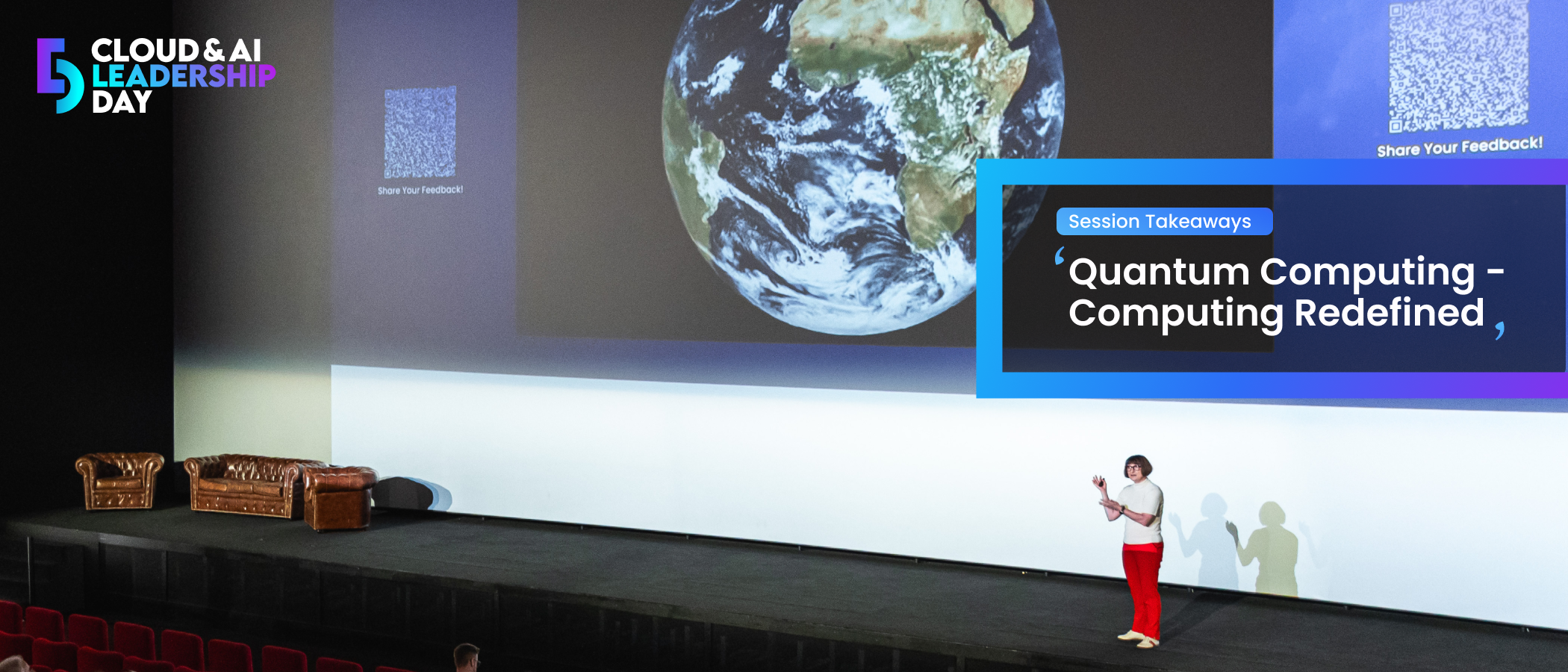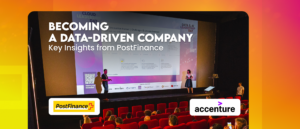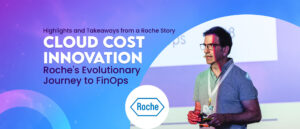In the opening keynote of our cloud conference, Dr. Heike reminded us that the future isn’t far away — it’s already unfolding. And at the heart of it is quantum computing, a breakthrough technology with the potential to reshape how we approach some of the world’s most complex challenges.
“We can solve problems we can’t solve classically… whether this is pure water, or reducing energy consumption.”
Her session explored how quantum computing, when combined with classical computing and artificial intelligence (AI), could unlock entirely new possibilities, from sustainability breakthroughs to radically faster computing.
What Makes Quantum Different?
Traditional (or classical) computers solve problems sequentially. They check one solution after another. On the other hand, quantum computers work fundamentally differently. Thanks to a principle called superposition, qubits (quantum bits) can represent multiple states at once. That means a quantum computer can explore a massive number of solutions simultaneously.
Instead of weeks of computation, a quantum system could solve certain problems in minutes.
This shift isn’t just theoretical. It’s already happening. And it could soon transform how we approach things such as:
-
Water purification
-
Energy-efficient computation
-
Chemical modelling and materials discovery
-
Optimisation in logistics, finance, and supply chains
From Room-Sized Computers to Qubits
Dr. Heike reminded us how quickly things evolve in tech. Just 40 years ago, a supercomputer filled an entire room. Now, that same power fits in the smartwatch on your wrist.
Quantum computing is the next exponential leap, but with it comes challenges.
While qubits are powerful, they’re also fragile. Managing them requires extreme precision, and error correction remains one of the biggest technical hurdles in the field. Despite that, progress is rapid, and new breakthroughs are happening at a steady pace.
A Growing Global Quantum Community
Quantum computing isn’t just a science lab project anymore. There’s already a thriving community of over 200 organisations, ranging from startups to global tech leaders, all working together to bring this technology into real-world applications.
This collaborative effort is key. Solving the complex issues we face, ie climate change, energy use and healthcare innovation, will require more than just one technology. It will take an ecosystem that brings quantum + classical computing + AI together in powerful, integrated ways.
Why it matters now and what comes next
We often hear about the scale of AI and computing power. But as Dr. Heike pointed out, there’s another piece of the puzzle: sustainability.
“Increasing performance is important — but reducing energy consumption? That’s where quantum can also help.”
The future of computing isn’t just faster. It’s smarter, more efficient, and more targeted at solving the right problems. Quantum computing could be a force multiplier for AI and a game-changer for energy efficiency.
Quantum computing is still in its early days but it’s moving fast. The blend of quantum, AI, and cloud infrastructure will unlock new levels of intelligence, automation, and sustainable innovation.
If you missed the keynote or want to revisit the most powerful moments, we’ve pulled a short video clip below.




